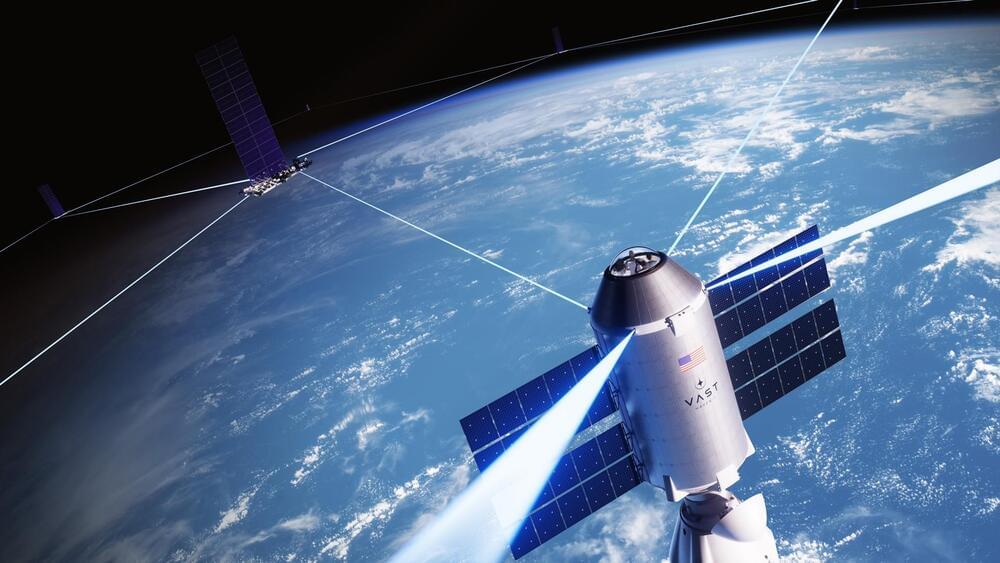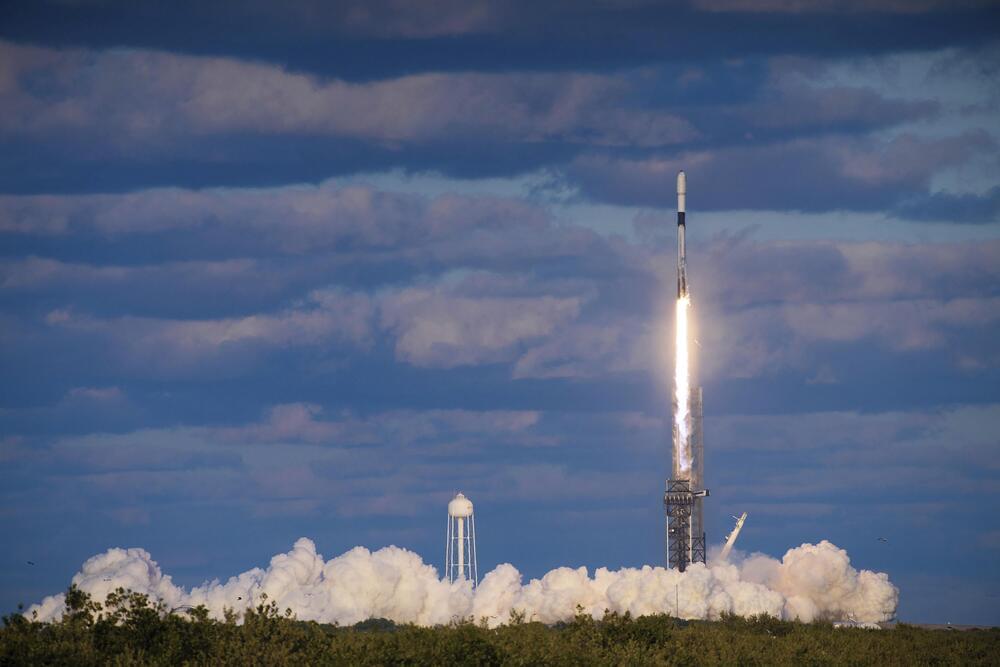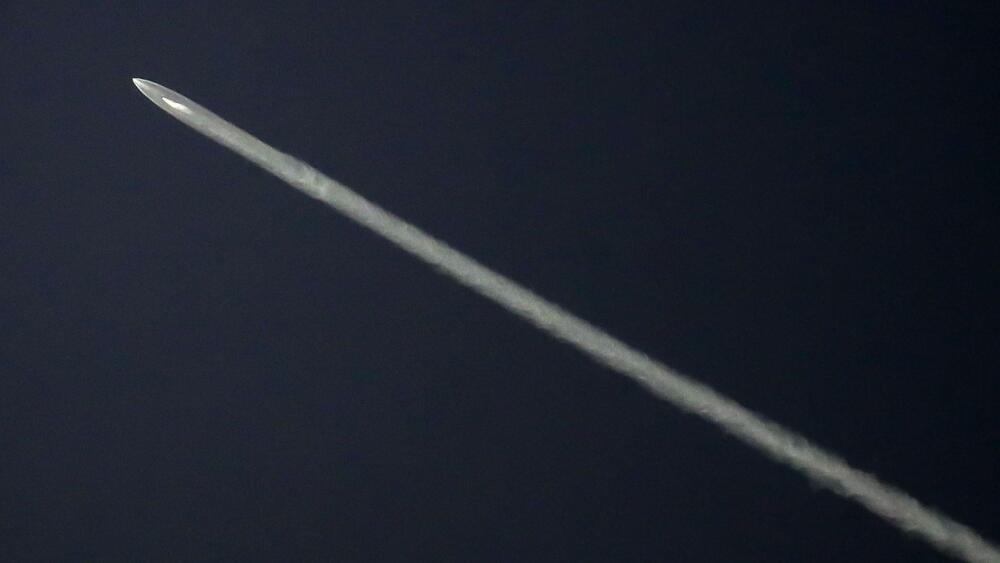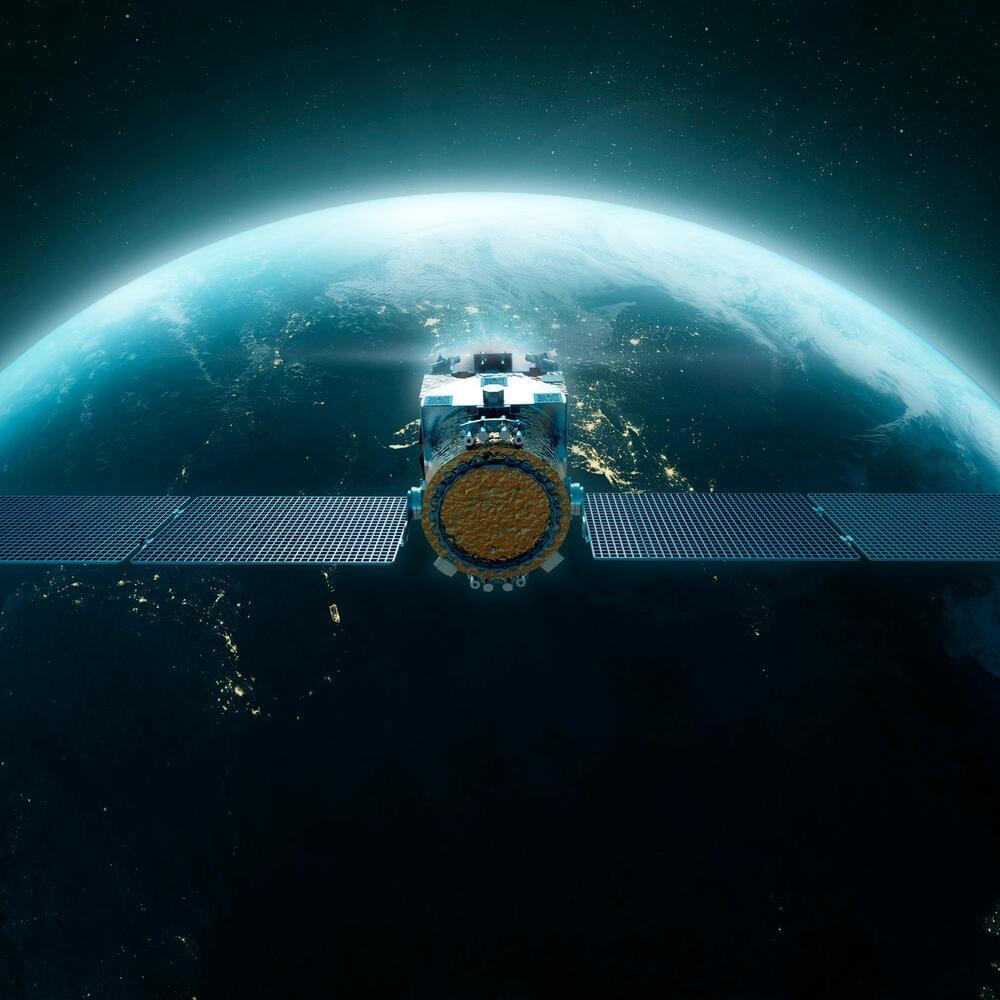This is the solar maximum I was talking about. Happening in 2025 on earth.
December 2019 marked the beginning of Solar Cycle 25. The Sun’s activity has quickly ramped up and even though we haven’t reached peak levels in this cycle, the Sun’s activity is already exceeding predictions. Solar events will continue to increase as we near solar maximum in 2025, and our lives and technology on Earth, as well as satellites and astronauts in space, will be impacted.
NASA’s Heliophysics Division is developing a mission that will provide crucial advances in our understanding of the ionosphere-thermosphere (I-T) system – the Geospace Dynamics Constellation (GDC). This mission will provide the first coordinated global-scale observations of the I-T region, where the effects of solar activity are often seen. The I-T region is a part of Earth’s upper atmosphere that extends up to about 400 miles altitude and includes low-Earth-orbit, where the International Space Station and many commercial and governmental satellites reside. The I-T system is a region that affects our technological society in many ways, from creating interference in radio signals to generating large electric currents in power distribution systems. The GDC mission’s study of the global, coupled system will enable dramatic improvements in our space weather models, which will lead to the mitigation of negative effects on space-based, air-based, and ground-based assets.
During the Sun’s natural 11-year cycle, the Sun shifts from relatively calm to stormy, then back again. At its most active, called solar maximum, the Sun is freckled with sunspots and its magnetic poles reverse. (On Earth, that would be like if the North and South Poles flip-flopped every decade.) During solar minimum, on the other hand, sunspots are few and far between. Often, the Sun is as blank and featureless as an egg yolk.






